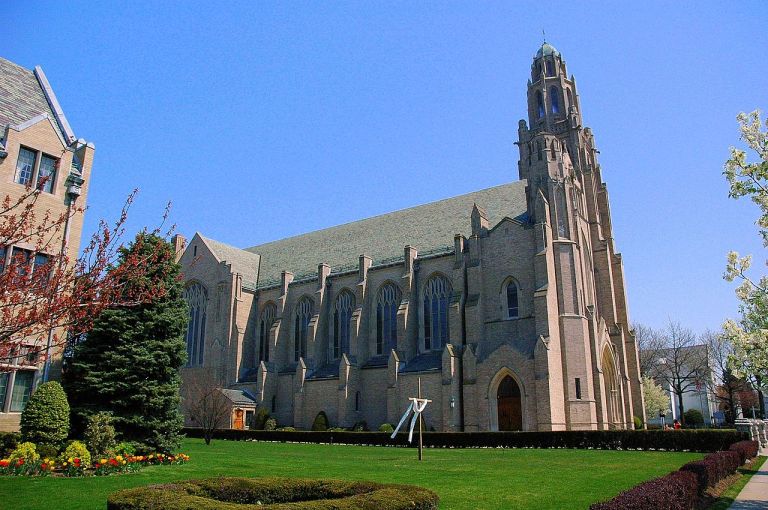
The Diocese of Rockville Centre, which represents all Roman Catholic churches on Long Island, announced a program on Monday to assist those who were abused by priests to seek financial compensation.
“With this program we are making a major commitment to the ongoing healing of survivors of acts of child sexual abuse committed by clergy,” Bishop John O. Barres said in a statement.
The Independent Reconciliation and Compensation Program will be administered by Kenneth Feinberg, who has led compensation plans for victims of the Sept. 11 attacks and the BP oil spill with his colleague, Camille Biros. The pair also handled a similar program that compensated victims for the Archdiocese of New York and the Diocese of Brooklyn.
“I wish to thank Mr. Feinberg and Ms. Biros for taking this assignment,” Barres said. “I have pledged to them that the diocese will respect and honor any decision they make regarding compensation for those who suffered abuse by a member of the clergy of this diocese.”
There will also be an oversight committee to supervise the implementation of the program. According to the diocese, the program will be funded through investment returns and insurance programs.
The program will be instituted in two phases, the first of which began on Monday. During Phase I, Feinberg and Biros will work with individuals who have previously claimed abuse by the Diocese of Rockville Centre priests or deacons. These accusations will be sent to the local district attorney and reviewed by the diocese’s independent investigators.
The diocese did not say how many individuals have claimed abuse.
Phase II will look into any new accusations. The diocese expects to start this phase in January.
An attorney working with abuse victims, Jerry Kristal of Lawyers Helping Survivors of Child Sex Abuse, said the statute of limitations in New York is five years after the victim turns 18. He said that many victims struggle to come to terms with their abuse until they are much older.
“Because of the psychological trauma, it is very difficult for people to come forward,” he said. “All of [the victims] are in their 40s, 50s, 60s and 70s.”
Kristal said the best thing to do for the victims would be for the state to extend the statute of limitations or to open a window for claims to be filed. New York considered this last summer, when a bill that would have given abuse victims a longer window to bring civil or criminal cases passed the Assembly. The bill had the backing of Gov. Andrew Cuomo but failed to pass in the Senate before the legislative session ended in June.
“Unfortunately, right now the New York statute of limitations is one of the most antiquated laws in the country,” Kristal said. “It’s a shame.”
The compensation program opens an avenue for abuse victims to come forward, which Kristal agreed is a good thing. But any person who receives compensation from the diocese forfeits the right to sue.
“A person has to decide, do I accept this offer which is better than nothing?” he said. “When you dangle money in front of people, it’s hard to turn that down. It’s really a sad situation.”






